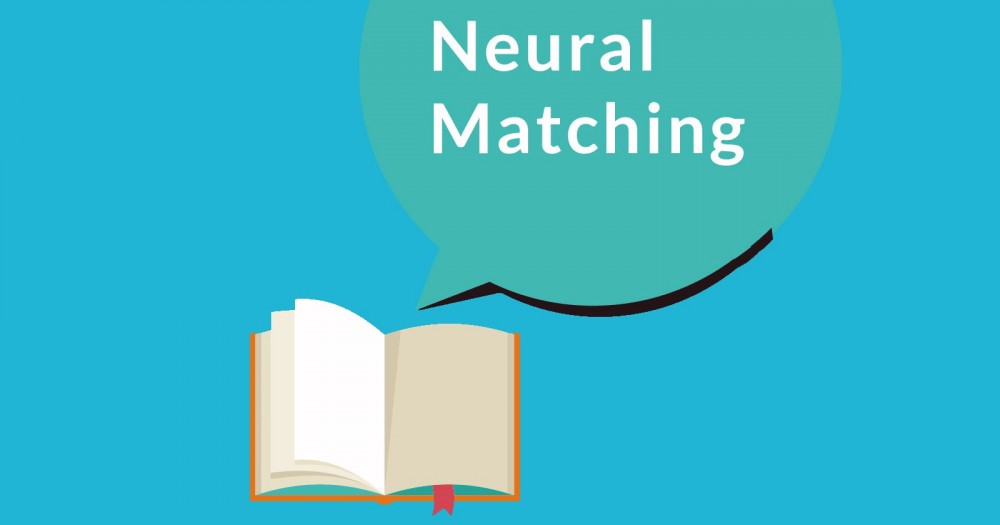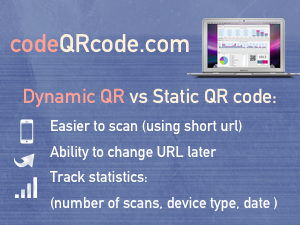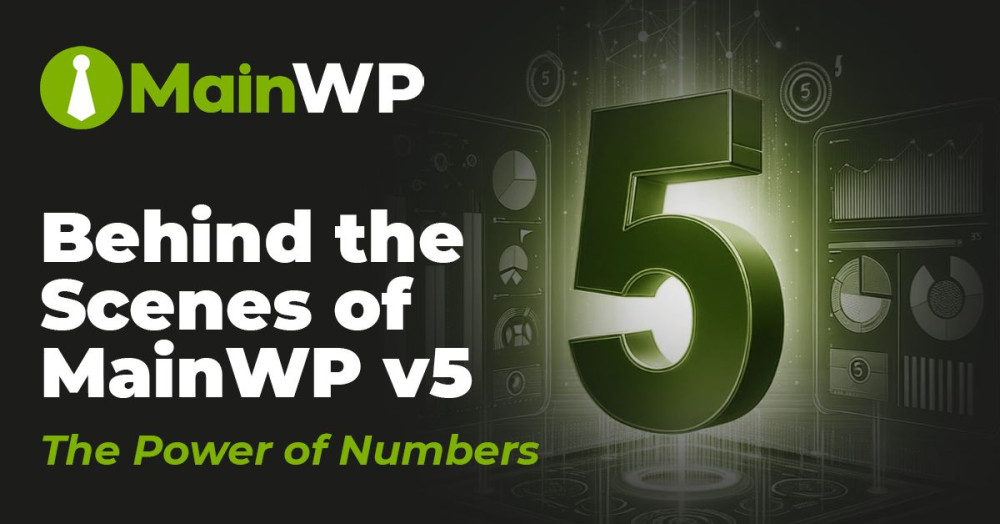what is google's neural matching algorithm?

Google has published paper that matches search queries to web pages using only the search query and the web pages. While this algorithm may not be in use, or maybe used it does serve as example of how a neural matching algorithm could work..
Google's AI Blog published link to new research paper called, Deep Relevance Ranking using Enhanced Document-Query Interactions. Although this algorithm research is new, it improves on deep neural network method for accomplishing task known as Document Relevance Ranking.
Document relevance ranking, also known as ad-hoc retrieval is the task of ranking documents from collection using the query and the text of each document only...
The paper is clear, that this form of ranking uses the search query and the web page only.
In the above statement, that Document Relevance Ranking differs from other search technologies that rely on network structure and then it cites Larry Page.
And this use of ranking signals first is what makes this algorithm different referred to as Deep Relevance Matching Model ..
The purpose of the algorithm is to match search query to web page, using only the search query and the web page.
The purpose of Google understanding synonyms is to understand the context and meaning of Communicating clearly is, in my opinion, more important than spamming page with keywords and synonyms..
Neural embeddings, approach developed in the field of neural networks, allow us to transform words to fuzzier representations of the underlying concepts, and then match the in the query with the in the document.
Whether Google is using this exact algorithm is important than understanding that ranking documents using only the search query and the web page content is possible..
Read more
Google's AI Blog published link to new research paper called, Deep Relevance Ranking using Enhanced Document-Query Interactions. Although this algorithm research is new, it improves on deep neural network method for accomplishing task known as Document Relevance Ranking.
Document relevance ranking, also known as ad-hoc retrieval is the task of ranking documents from collection using the query and the text of each document only...
The paper is clear, that this form of ranking uses the search query and the web page only.
In the above statement, that Document Relevance Ranking differs from other search technologies that rely on network structure and then it cites Larry Page.
And this use of ranking signals first is what makes this algorithm different referred to as Deep Relevance Matching Model ..
The purpose of the algorithm is to match search query to web page, using only the search query and the web page.
The purpose of Google understanding synonyms is to understand the context and meaning of Communicating clearly is, in my opinion, more important than spamming page with keywords and synonyms..
Neural embeddings, approach developed in the field of neural networks, allow us to transform words to fuzzier representations of the underlying concepts, and then match the in the query with the in the document.
Whether Google is using this exact algorithm is important than understanding that ranking documents using only the search query and the web page content is possible..
Read more
Report
Related items:















